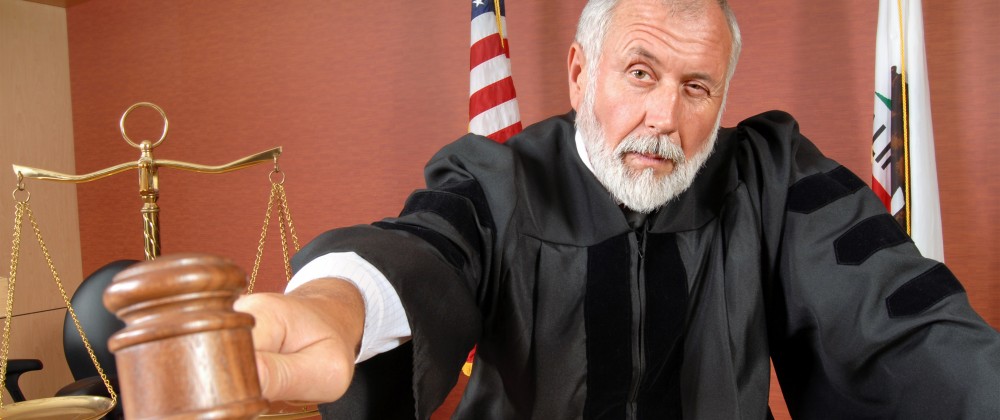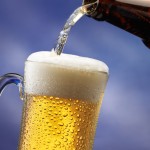In the news recently was a story about an attorney who brought “charges” against poor Punxsutawney Phil, the groundhog whose sole claim to fame is being dragged out of a cage (theoretically, his “burrow”) once a year on February 2nd, where some local bigwig in a top hat declares whether or not Phil has seen his shadow. Per folklore, if the little rodent “sees” his shadow, another 6 weeks of winter can be expected, but if he does not, then spring should arrive early.
This year, after Phil supposedly did not see a shadow, thereby forecasting an early spring, large portions of the country were nevertheless pounded with severe winter weather. In spite of Phil’s historical accuracy rate of less than 40%, the unending snowdrifts led Butler County (Ohio) prosecutor Mike Gmoser to prepare legal pleadings to have Phil indicted for “misrepresentation of spring” thus committing a felony “against the peace and dignity in the state of Ohio.” It seems that most people appreciated the humor in that (it was a joke, after all), and to date nobody has made a stink about Gmoser using county supplies or wasting government time and expense to generate this harmless prank. However, one has to wonder if this will plant a seed in the minds of more litigious individuals. Will someone decide to actually sue a weatherman? Believe it or not, there is precedent… A few years ago, a woman in Israel sued a weather forecaster who predicted a sunny day, which turned out to be incorrect. Claiming that she had dressed for dry weather, she alleged that she got sick from being soaked in the rain, and had to expend funds to buy medication to treat her flu-like virus. And she WON.
While I have no expertise about the Israeli legal system, if one can recover monetary damages for a weather forecaster’s incorrect prediction, what is to stop people from suing not only weather forecasters, but those who predict the outcome of sporting events, races, award shows, elections, etc? The “injuries” one might allege simply for having prepared for a weather forecast that turns out wrong would hardly seem to support much of a damage claim. But what of those who “invest” large sums to bet on the 49ers in the Super Bowl, only to incur huge losses when the Ravens won? Can they sue the prognosticators who suggested that the 49ers were a good bet? Some internet entities charge sports addicts a fee to offer advice on which teams to take, what point-spread can be overcome, and offer an almost certain “pick of the week”, etc. People gamble huge sums of money based on these supposedly well-informed predictions, and still LOSE. Does that, or should that, expose them to legal liability for their predictions?
And what of all of the political “experts” who predict which candidate will carry a state or a district? If they predict a landslide and the results are close, could they be sued for dissuading a political party from investing time and resources in the area, and potentially turning an election? Perhaps these experts are employed by the party itself, which wouldn’t sue its own employee. But what of a bitter local resident, who feels that the voter turnout could have been higher were it not for the negligent projection that their chosen candidate couldn’t win that district? The damage claims could include emotional distress, an increased tax burden, loss of individual freedoms, or whatever other social change is delivered by the “wrongly” elected winner of the vote.
Making decisions based upon someone else’s “predictions” is fraught with peril. Perhaps it is only because we know that such predictions aren’t a guarantee that people refrain from suing over them. But we should be cautious of the slippery slope that may arise even from a satirical suit against poor Phil. It wouldn’t take much for a creative plaintiff to consider taking the next step. Then all of the world’s forecasters and prognosticators will have to start hiding in their own respective burrows.


